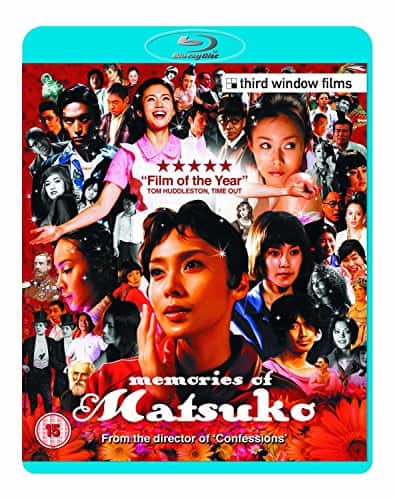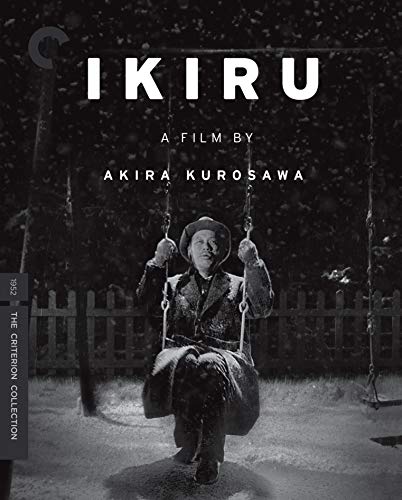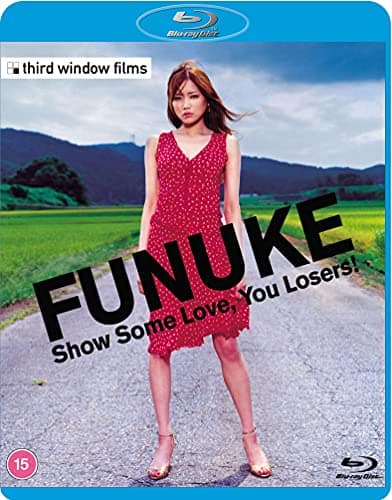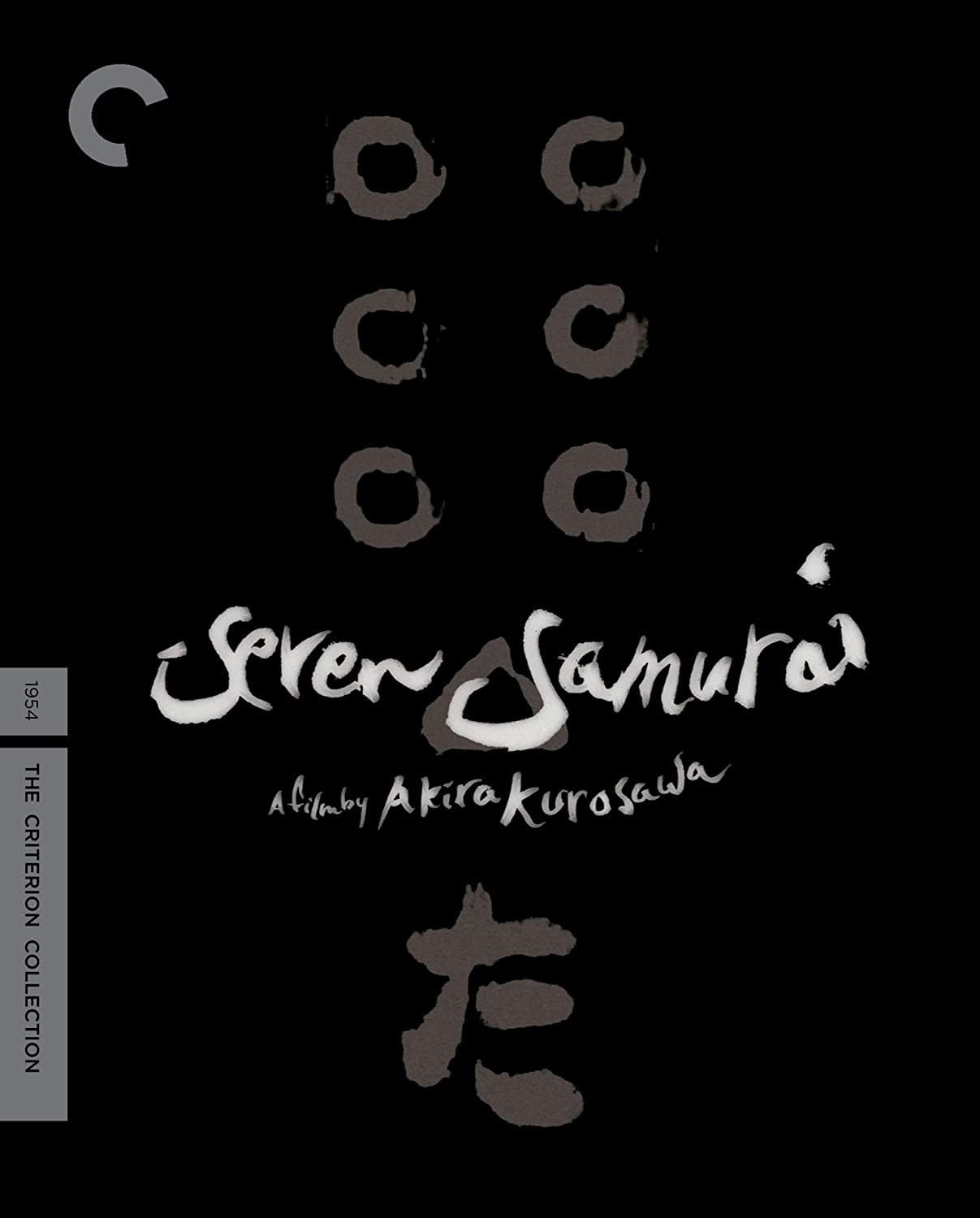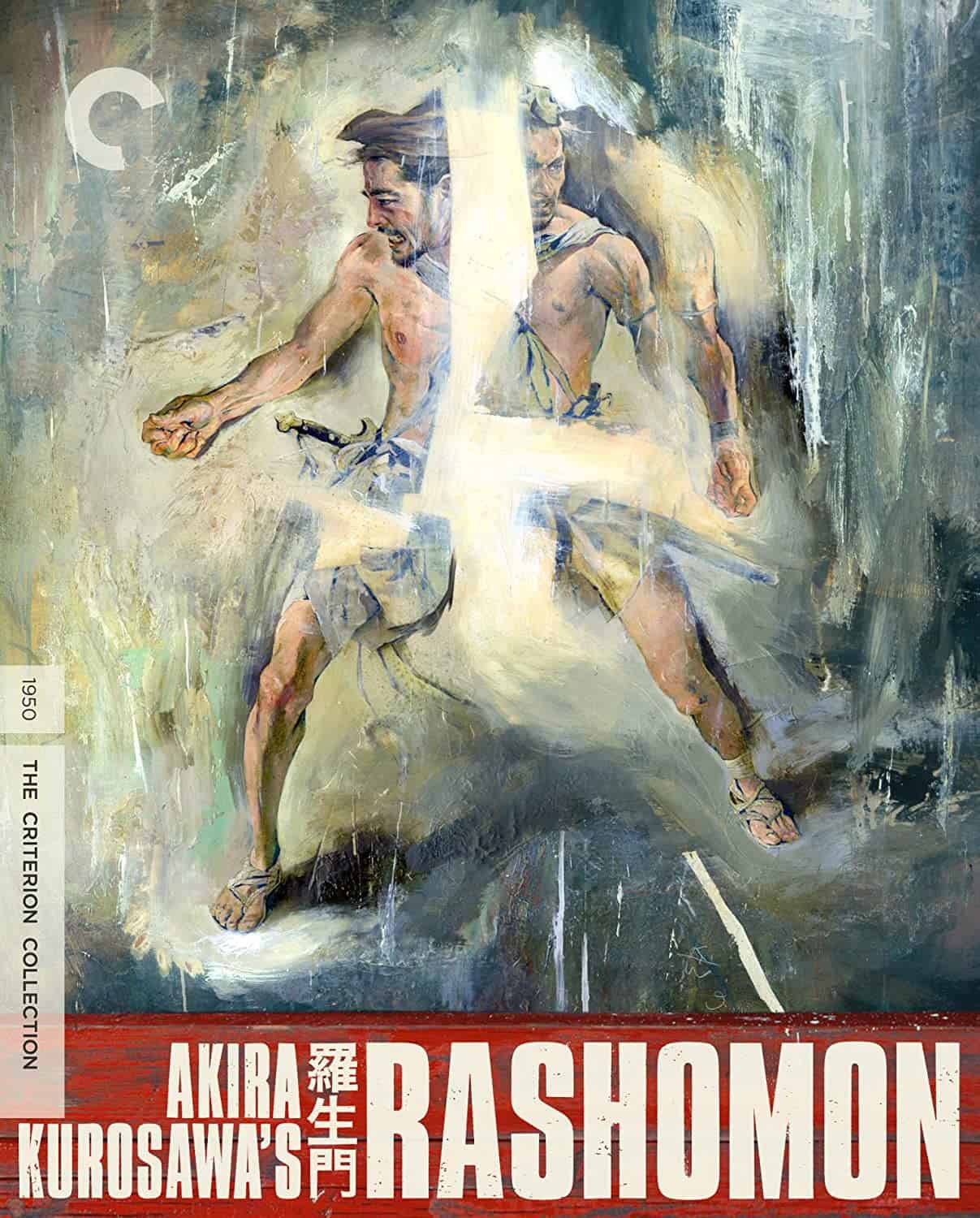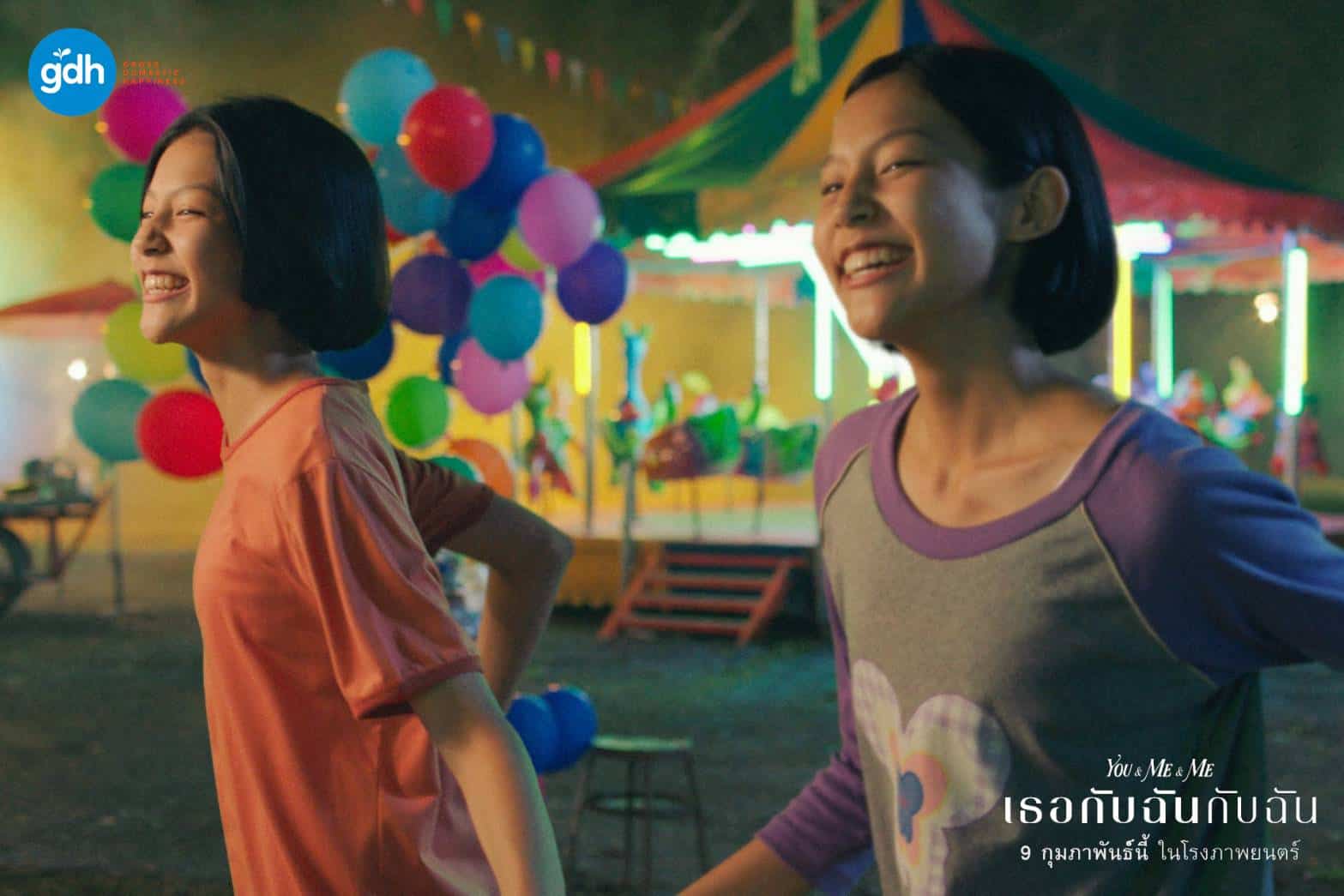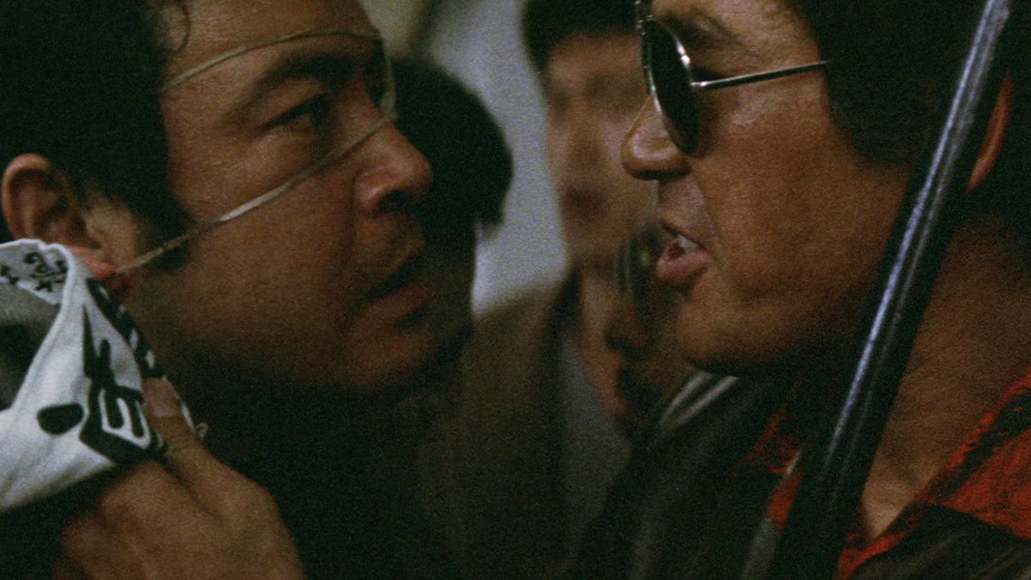TORICO is a director, fashion designer and blogger. Her first short film, “Mikagami” (2004) received great reviews after its screening in Fantasia International Film Festival and Yubari, and was later screened at festivals all around the world. In 2006, she made her debut feature film, “Ikerushinibana”, which was again screened in festivals around the world garnering very positive reactions. Her latest film “Midori: The Camelia Girl” is based on the infamous ero guro manga, “Shojo Tsubaki” by Suehiro Maruo. TORICO has also published a photobook, has her own blog about fashion on Numero Tokyo, is the director and designer of the Mewee Dinkeee brand, and the founder of the Chiyuri Association.
Here are her top five Japanese films, in random order
1. Memories of Matsuko (Tetsuya Nakashima, 2006, Japan)

In a true extravaganza of images and colors, Tetsuya Nakashima and his cinematographer, Masakazu Ato, presented a film that is extremely beautiful in its hyperbole. The style is excessive to the point of dizziness, but Nakashima also managed to infuse it with meaning and context that varies from extremely happy moments to extremely sad, as the colors match the mood of each scene. (Panos Kotzathanasis)
2. Ikiru (Akira Kurosawa, 1952)
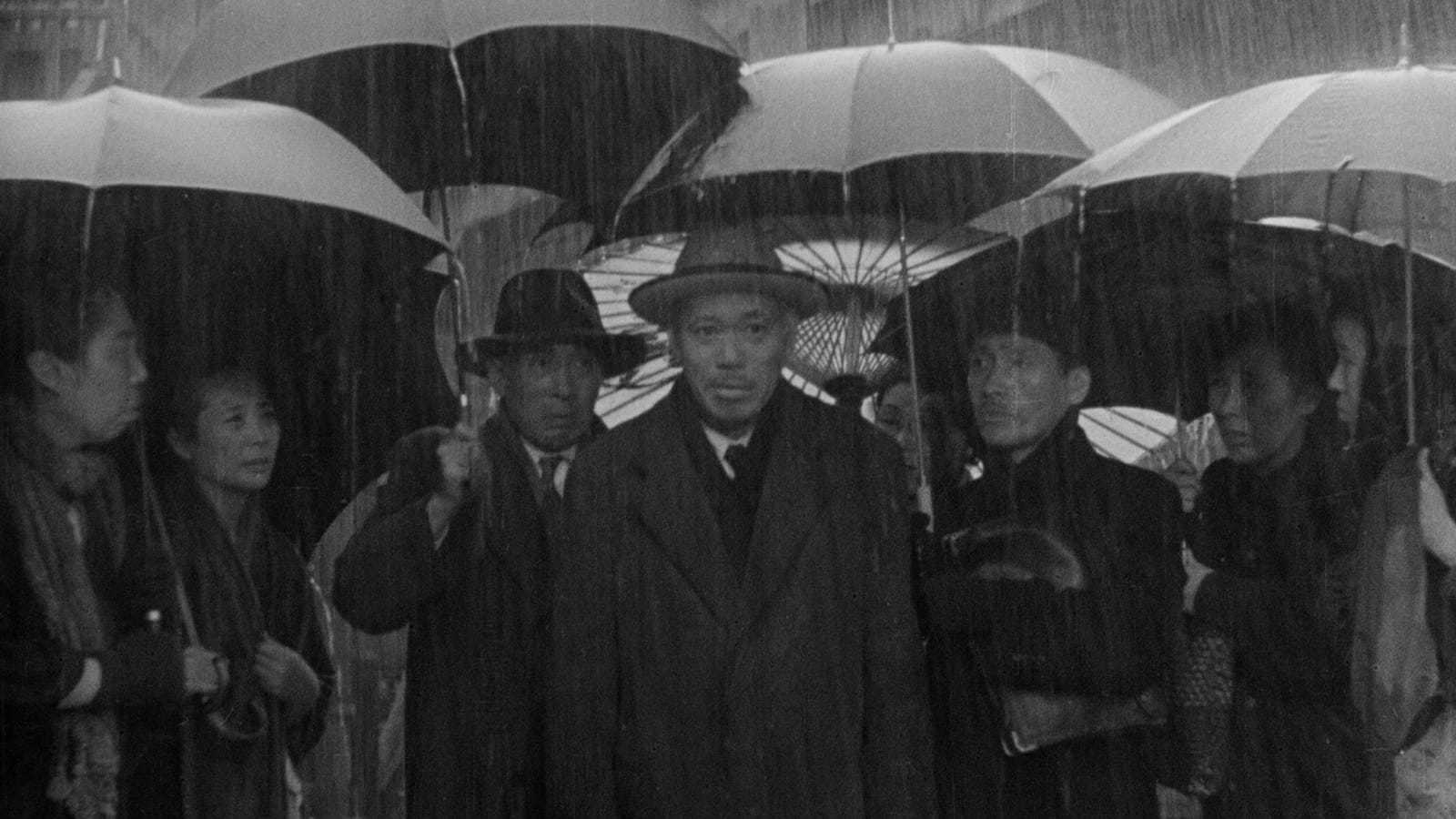
Kurosawa focuses mainly on two aspects: the search for identity and the criticism of bureaucracy. The first one highlights his humanism and his belief that even the most “common” man can change his life by doing something for the common good, thus having an impact in the world that essentially justifies his/her existence. The result of Watanabe's actions becomes more evident in the third part of the movie, which unfolds during his funeral, as the women who had applied for the creation of the playground are the only ones who are truly shattered, while the attitude of his colleagues and relatives lingers somewhere between the judgmental and the indifferent.
Buy This Title
on Amazon
3. Funuke Show Some Love, You Losers! (Daihachi Yoshida, 2007)
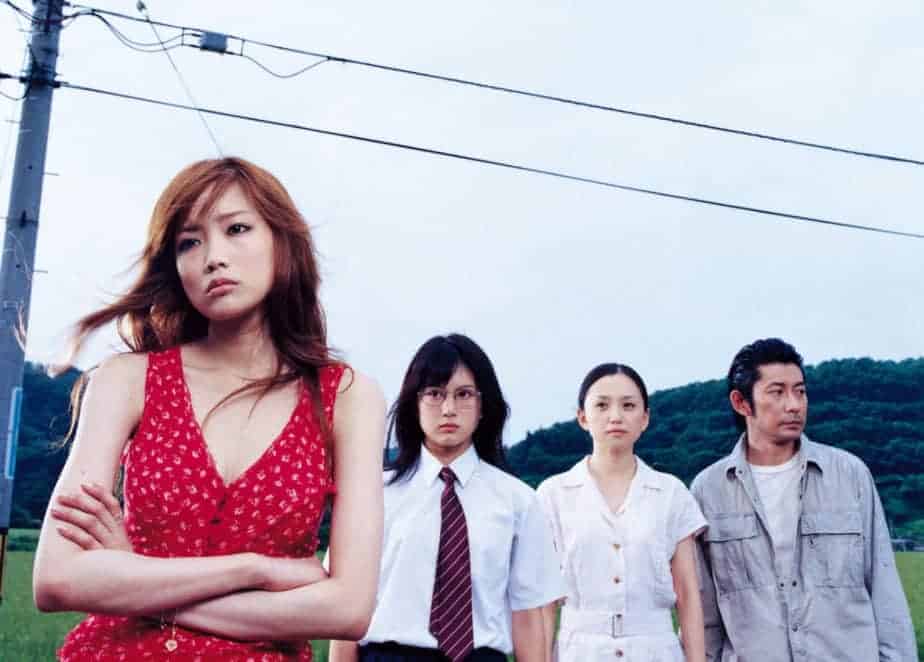
Daihachi Yoshida pens and directs a film whose strongest point is the presentation of the many dissimilar characters, all of which are members of the same family and have to interact within the same environment. The fact that everyone seems to switch in the roles of the victim and perpetrator and vice versa is another trait, as it highlights human nature, since no one is completely good or completely evil (probably). Through this setting, Yoshida manages to present a number of social comments, including rural depopulation, domestic violence, the financial and social difficulties of rural life, show business, the felony, etc.
4. Seven Samurai (Akira Kurosawa, 1954)
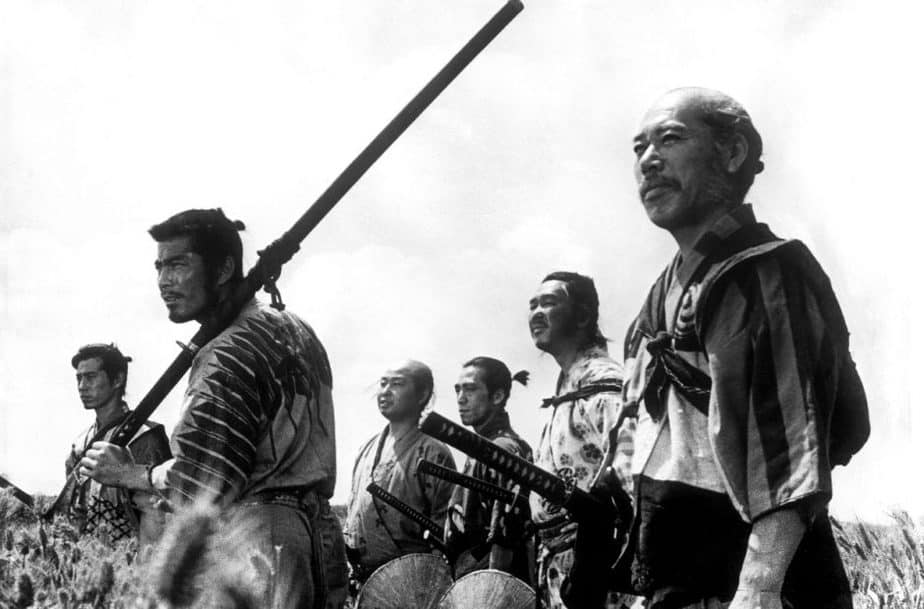
The premise for the movie is basic, but when when one delves deeper into it, it reveals a story that is emotional and powerful. The emotions are brought to life thanks to the brilliant directing and terrific screenplay. The characters are great and full of personality. They are well-developed, and the interactions among them feel very genuine. There are plenty of subtle moments that add complexity to these individuals, such as Kikuchiyo's hinted-at tragic backstory, the friendships that are formed, or the passionate romance that blooms between Katsushiro and a village girl named Shino. Many subplots also take place that correlate with the main story, yet they never feel underdeveloped and have a major impact. Every minute of the three-and-a-half-hour runtime is used to its fullest potential and concludes with a haunting ending.
Buy This Title
on Amazon
5. Rashomon (Akira Kurosawa, 1950)
As many readers will undoubtedly know, there is a whole plethora of essays and reviews focusing on the various themes and details of Kurosawa's feature, making it, next to “Seven Samurai”, possibly his most covered and thus popular works. While, on the one hand, its exploration on the human condition, on temptation and guilt, is one of the layers making “Rashomon” timeless, its discussion on the idea of truth is truly what makes this story very contemporary, as, for example, film scholar Dr. Marcus Stiglegger highlights in his interview with AMP. The confusion and heartfelt irritation felt by the characters we meet at the destroyed gate already hints at the way their version of the truth, everything the held for granted, has been shaken by the contradictions, accusations and selfish actions they have witnessed and heard just a few hours prior, eventually leading them to suspect each other of mischievous deeds and motivations. Similarly, the viewer is caught in the same trap, unsure what and who to believe, which says a lot about the quality of the script, a collaborative effort of Kurosawa himself and Shinobu Hashimoto.



